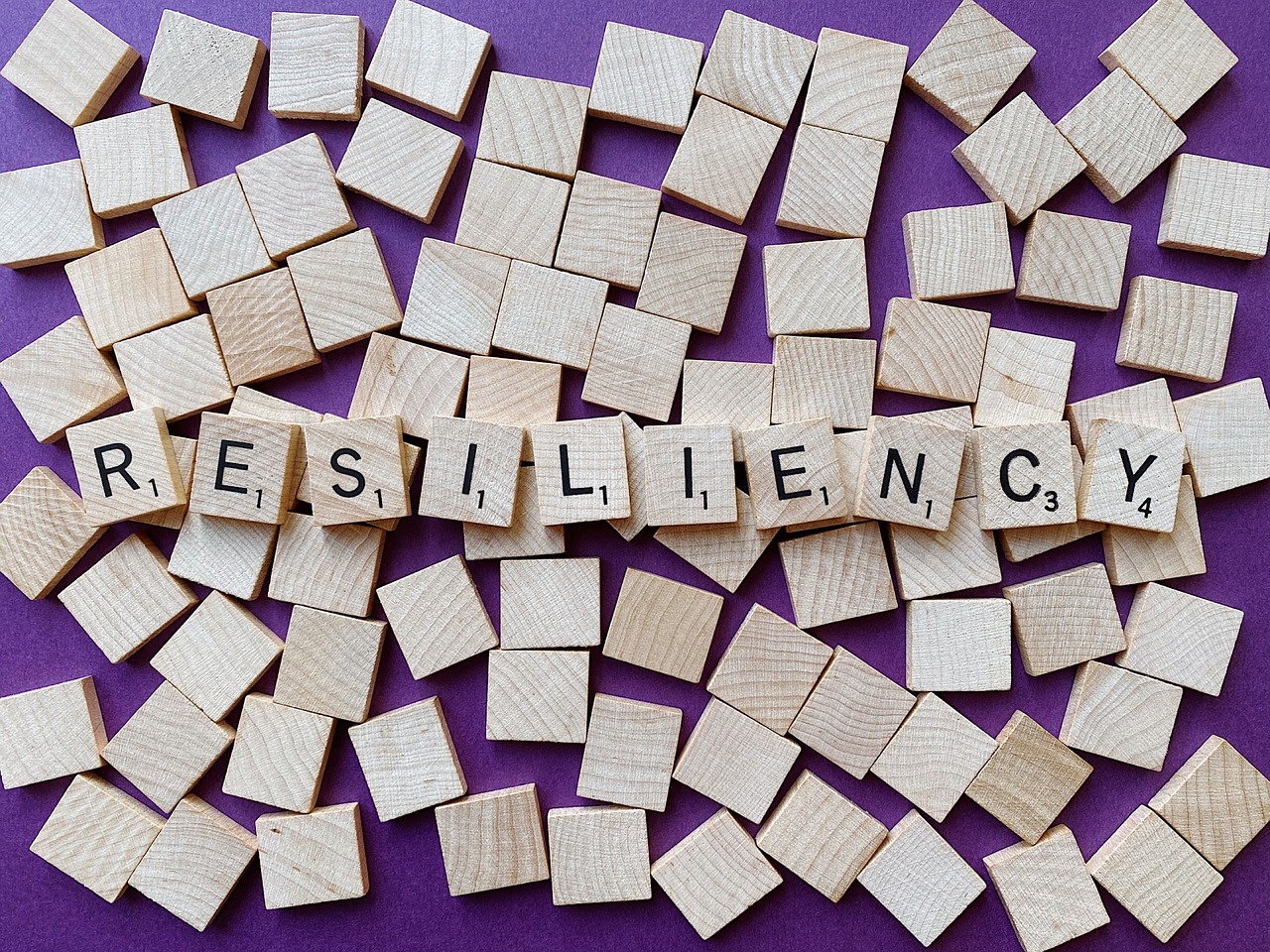The Role Of Resilience And Optimism In Mental Health
Welcome to an exploration of the vital role that resilience and optimism play in maintaining good mental health. In this article, you will discover how cultivating a resilient mindset and optimistic outlook can greatly impact your overall well-being. By understanding the connection between these qualities and mental health, you can learn valuable strategies for building your resilience and fostering a positive attitude. Embrace the power of resilience and optimism on your journey towards better mental health.
The Role Of Resilience And Optimism In Mental Health
Have you ever wondered how resilience and optimism play a vital role in maintaining good mental health? In this article, we will explore the significance of these two traits and how they can positively impact your overall well-being. Let’s delve into the world of resilience and optimism and discover how they can help you navigate life’s challenges with a positive mindset.
Importance of Resilience in Mental Health
Resilience is the ability to bounce back from adversity, trauma, or stress. It is a crucial trait that allows individuals to adapt and thrive in the face of life’s challenges. When you possess resilience, you are better equipped to handle setbacks and obstacles without being overwhelmed by negative emotions.
Resilience helps you maintain a sense of control and purpose, even in difficult circumstances. When you cultivate resilience, you are more likely to persevere through tough times and emerge stronger on the other side.
How to Build Resilience
Building resilience is a journey that requires commitment and practice. Here are some strategies to help you develop this important trait:
Cultivate a Supportive Network
Having a strong support system is key to building resilience. Surround yourself with friends, family, and mentors who uplift and encourage you during challenging times. Seek out people who believe in your potential and are willing to lend an ear when you need to talk.
Practice Self-Compassion
Be kind to yourself and practice self-compassion. Treat yourself with the same understanding and care that you would offer to a friend facing a difficult situation. Remember that it’s okay to make mistakes and to learn from them.
Develop Problem-Solving Skills
Effective problem-solving skills are essential for building resilience. Break down challenges into manageable steps and brainstorm possible solutions. Focus on what you can control and take action to address the issues within your power.
Embrace Change and Adaptability
Flexibility and adaptability are key components of resilience. Embrace change as an opportunity for growth and learning. Be open to new experiences and perspectives, and be willing to adjust your plans as needed.

The Link Between Resilience and Mental Health
Research has shown that there is a strong correlation between resilience and mental health. Individuals who possess high levels of resilience are less likely to experience anxiety, depression, and other mental health conditions.
Resilience acts as a protective factor against the negative impacts of stress and trauma. When you have a resilient mindset, you are better equipped to cope with challenges and setbacks, reducing the likelihood of developing mental health issues.
The Role of Optimism in Mental Health
Optimism is the belief that good things will happen, even in the face of adversity. It is an essential quality that can help you maintain a positive outlook on life and cope with difficulties more effectively. Optimistic individuals tend to approach challenges with a can-do attitude and a sense of hope for the future.

Benefits of Optimism in Mental Health
Optimism has numerous benefits for mental health and overall well-being. Here are some ways in which optimism can positively impact your mental health:
Enhanced Resilience
Optimism and resilience often go hand in hand. When you have an optimistic outlook, you are more likely to bounce back from setbacks and challenges with resilience. Optimistic individuals are better able to see the silver lining in difficult situations and find solutions to overcome obstacles.
Reduced Stress and Anxiety
Optimism has been linked to lower levels of stress and anxiety. When you maintain a positive perspective, you are less likely to dwell on negative thoughts and worry excessively about the future. Optimistic individuals tend to have a greater sense of control over their lives, which can help reduce feelings of anxiety and stress.
Improved Coping Skills
Optimism can enhance your ability to cope with adversity and trauma. When you have a hopeful outlook, you are more likely to approach challenges with a problem-solving mindset and a belief in your ability to overcome obstacles. Optimistic individuals are better equipped to navigate life’s ups and downs with grace and resilience.
Strategies to Cultivate Optimism
If you want to cultivate optimism in your life, there are several strategies you can implement:
Practice Gratitude
Gratitude is a powerful tool for fostering optimism. Take time each day to reflect on the things you are grateful for, whether big or small. Cultivating a sense of gratitude can help shift your focus from negative to positive thoughts and promote a more optimistic outlook.
Challenge Negative Thought Patterns
Negative thought patterns can dampen your optimism and hinder your ability to cope with challenges. Be mindful of negative self-talk and consciously challenge pessimistic beliefs. Replace negative thoughts with more positive and empowering affirmations to cultivate a more optimistic mindset.
Surround Yourself with Positivity
Surrounding yourself with positive influences can help nurture your optimism. Seek out uplifting and inspiring content, such as motivational books, podcasts, or social media accounts. Surround yourself with people who radiate positivity and optimism, and limit your exposure to negative influences.
Practice Mindfulness
Mindfulness can help you stay present and grounded in the moment, fostering a sense of optimism and gratitude. Practice mindfulness techniques such as deep breathing, meditation, or yoga to cultivate a more positive outlook on life. Being mindful can help you appreciate the beauty and blessings in each day.

The Impact of Resilience and Optimism on Mental Health
Both resilience and optimism play a crucial role in maintaining good mental health and overall well-being. When you cultivate these two traits, you are better equipped to navigate life’s challenges with grace, positivity, and strength.
Resilience helps you bounce back from setbacks and adversity, while optimism enables you to maintain a positive outlook and cope with difficulties more effectively. By developing these important qualities, you can build a strong foundation for good mental health and emotional resilience.
In conclusion, resilience and optimism are essential ingredients for a healthy and fulfilling life. By embracing these qualities and incorporating them into your daily routine, you can cultivate a positive mindset, cope with stress more effectively, and build a resilient spirit that will carry you through life’s ups and downs. Remember, you have the power to shape your mental health and well-being – so embrace resilience and optimism as your allies on the journey towards a happier and healthier life.







